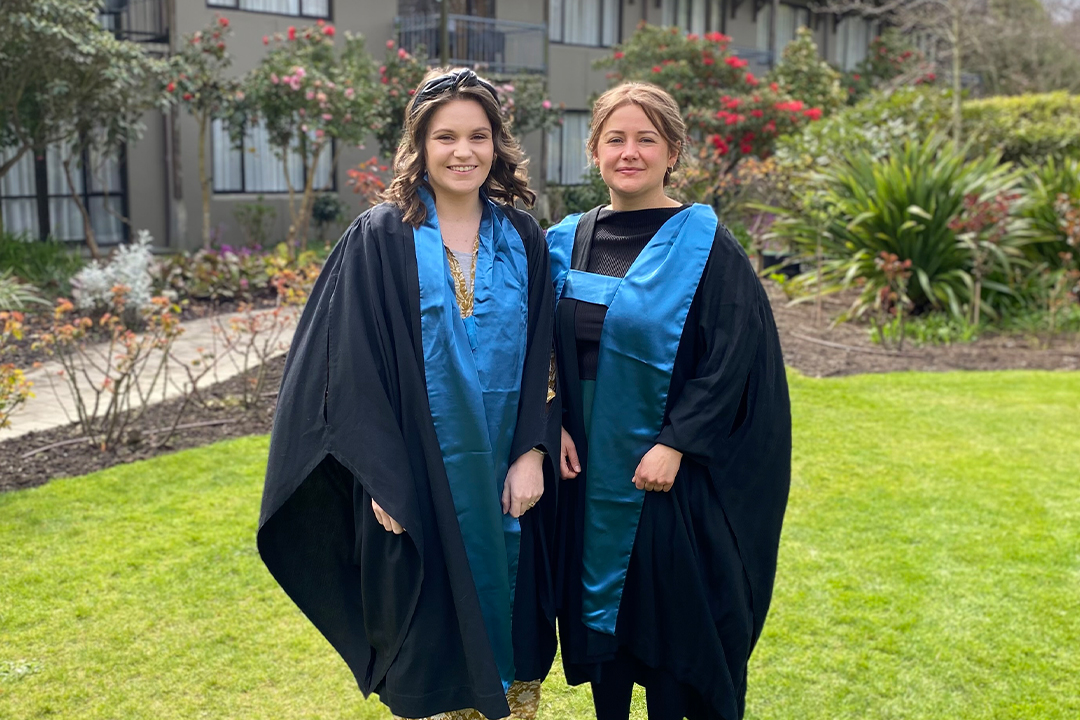“For Braelee Christian, the Diploma in Applied Science not only opened the door to really understanding what happens in our laboratories, but also showed how important the work we do is to New Zealanders.
“I didn’t know what I was getting into when I started the course. I thought it would just be phlebotomy-based but the course progressed into the lab side of things. It was great to see the bigger picture. I saw how one error I may make can have an impact on patient care and influence a doctor’s assessment and treatment.”
Braelee’s career as a phlebotomist began six and half years ago across the Tasman where she gained her certificate in phlebotomy collection. The move to New Zealand has seen her become the training co-ordinator covering five sites across Taranaki and Braelee recently joined her fellow diploma students in Christchurch to celebrate their graduation.
“The Australian course is based on how to collect blood, whereas New Zealand’s diploma course has a focus on the quality of samples, transport requirements such as are the samples frozen or at room temperature, understanding what veins to draw blood from, and more focus on anatomy for example how blood, bacteria and viruses travel around the body. I really got a good understanding of how my job can affect someone else’s life both positive and negative.”
Braelee says she was determined to finish the course as a personal goal.
“My background and time spent in the lab helped with my study, but you need passion and dedication to complete the course and when working full time. It is 18 months, so it is a long time. We can see up to 400 patients a day at our New Plymouth collection site, where I mainly work, and it takes dedication to find that work, home, and study life balance.”
Braelee says the community do not realise the training and knowledge needed to collect blood or what is actually involved.
“They just often see the collection, when blood is taken, and not what else happens as part of this process and work. There is a lot of knowledge behind the role we do. Taking blood from a patient is the easiest part. What is behind this is understanding information systems, the criteria for testing samples, how the lab processes and systems work – this is the hardest part of our jobs. But labs are such interesting environments.”
What is next for Braelee?
She wants to do more study and keep learning. This includes understanding how to process specimens and following their journey through the lab.
“I have a rough understanding of how this works, but I want a more in-depth knowledge – such as – why tests have a specific control coded to it, the final phases of the testing process, how this can impact patient results.
“I got amazing support from Ara and Awanui, and if you are committed to the course, then the support is there to help you succeed. If you have the right attitude, you will succeed.
“I love my job, was doing it in Australia, and now here in New Zealand. I came to New Plymouth, waited for the right job to come along, and waiting to get into the network was the right one. Now I have my diploma there are exciting times ahead.”
